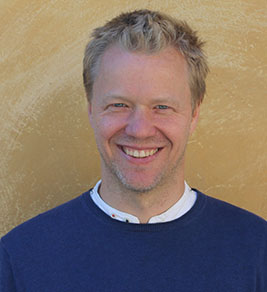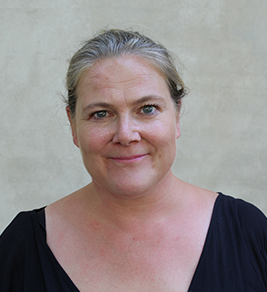The Regional Studies Association highlights that the COVID-19 pandemic challenged the perception that remote rural and island regions are defined in terms of what they lack concerning urban centres. During the pandemic, rural areas were advanced in sustainability issues and effectively responded to challenges, rendering positive health and economic outcomes. Nordregio has contributed to this topic with research on the Covid-19 Economic Impacts in the Northern Periphery and Arctic region project.
For this project, Nordregio Researchers Anna Karlsdóttir, Alex Cuadrado, Carlos Tapia, and Oskar Penje focused on the sectoral economic structures of Arctic regions in Canada, Ireland, the United Kingdom, Norway, Sweden, and Finland. They also provided evidence gathered from previous projects carried out by Nordregio, such as ReLocal, BRIDGES, ESCAPE, Regional Disparities and the Geography of Service within the Nordic Countries.
The report, “Consideration on Regionally Varied Impacts of Covid-19 in NPA regions”, looks at the Covid-19 impact on rural areas, tourism, bio-economy, jobs, young people living in remote rural regions in the Arctic.
“Regional policies have not got it right that peripheries are remote – in times of crises, they become secure harbours for wellbeing and community development. Therefore, it is important to redefine peripheries”, says Senior Research Fellow at Nordregio Dr Anna Karlsdóttir.
Nordregio was involved in a project with partners from Scotland, Denmark, Ireland, Faroe Islands, Iceland and Canada. They were brought together and supported by the North Atlantic Periphery Programme (EU).
Find more reports from the project here.
The reports from the Covid-19 response call are available here.
Related Staff
Related Research Projects
- Covid-19 Economic Impacts in the Northern Periphery and Arctic region
- RELOCAL (Resituating the local in cohesion and territorial development)
- ESPON BRIDGES
- ESPON ESCAPE – European Shrinking Rural Areas Challenges, Actions and Perspectives for Territorial Governance
- Regional disparities and the geography of service within the Nordic countries




